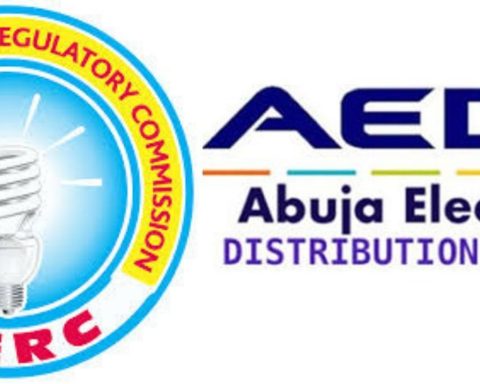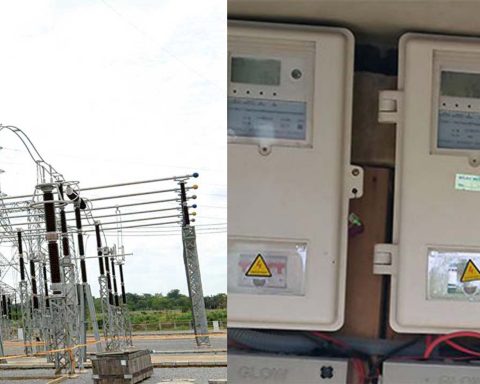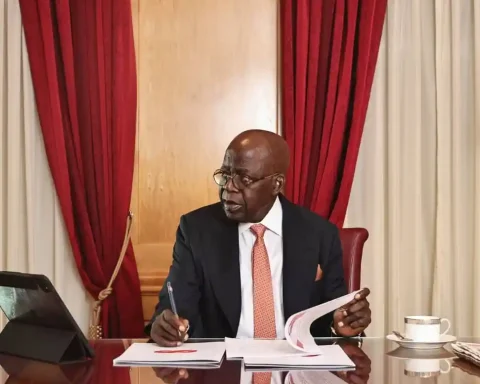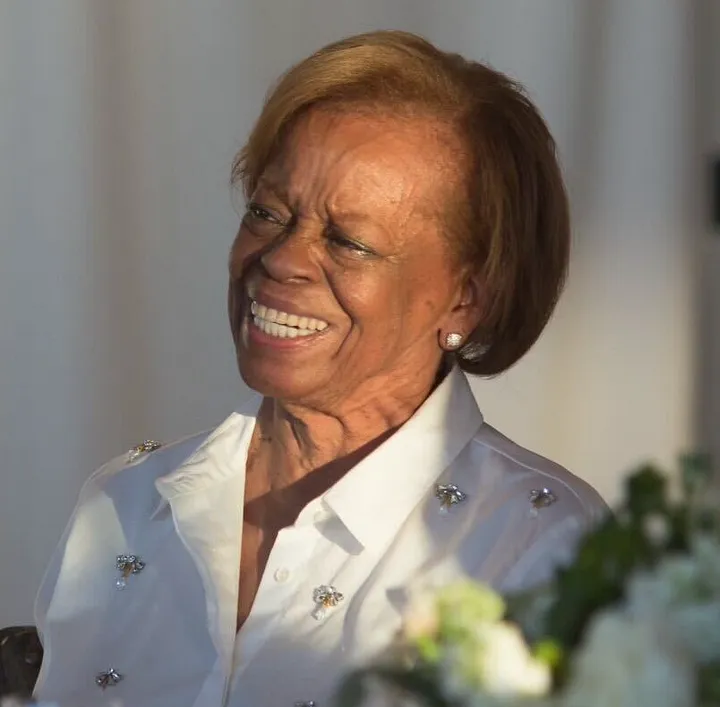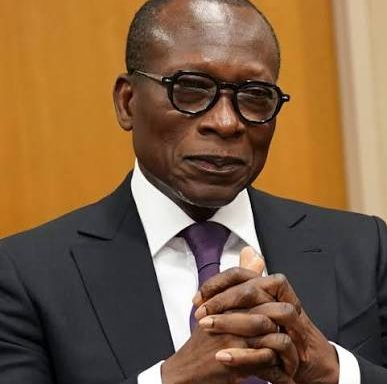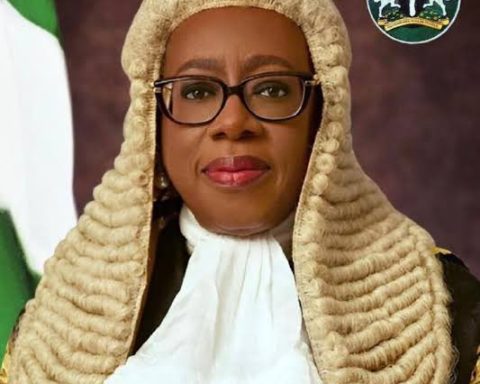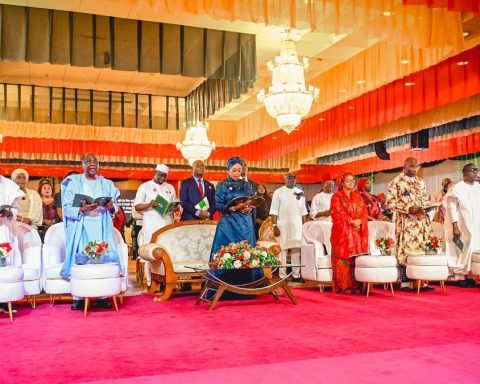Abuja Electricity Distribution Company (AEDC), has given final notice of disconnection to not less than 25 customers that include government ministries, agencies and state government over outstanding electricity bills.
In post on its X handle on Friday, the power utility company urged customers to clear all outstanding bills before the deadline. It said customers who fail to pay outstanding debt by June 3, 2024, will be disconnected.
Join our WhatsApp ChannelThe post titled: “AEDC To Disconnect Customers With Outstanding Bills By June 3,” reads: “The Abuja Electricity Distribution Company (AEDC) is urging customers with outstanding bills to pay them immediately to avoid service disruption.
“This affects maximum demand customers, military formations, government ministries, departments, and agencies.
“Timely payment of your electricity bills is crucial for the continued operation and enhancement of AEDC’s infrastructure, ensuring we can deliver efficient and reliable service to our community.
“Customers are advised to pay all outstanding bills by June 3, 2024 to avoid being disconnected.”
READ ALSO: Electricity Tariff Hike: NERC Fines Abuja DisCo ₦200m For Violation, Directs Customer Refunds
The Abuja DisCo released a list containing 25 customers which include:
- Nigeria Air Force
- Defence Headquarters (HQ)
- Nigeria Police Force HQ
- Nigerian army barracks
- Niger State government
- Kogi State government
- Office of the secretary to the government of the federation (SGF) House 1
- Federal Ministry of Industry
- Ministry of Interior
- Ministry of Education
- Ministry of Trade
- Ministry of Industry
- Federal Capital Development Authority
- Ministry of Women Affairs
- Head of Service
- Power House
- Ministry of Water Resources
- Ministry of Finance
- National stadium
- National Planning Commission (budget)
- Ministry of Works
- Goodluck Jonathan Athletics Hall
- Federal Airport Authority of Nigeria (FAAN) Abuja
- All other customers owing AEDC
Victor Ezeja is a passionate journalist with seven years of experience writing on economy, politics and energy. He holds a Master's degree in Mass Communication.


![Electricity Debt: Abuja DisCo Gives Final Disconnection Notice To 25 Govt Agencies [Full List]](https://www.primebusiness.africa/wp-content/uploads/2024/06/Abuja-Electricity-pole.jpg)

